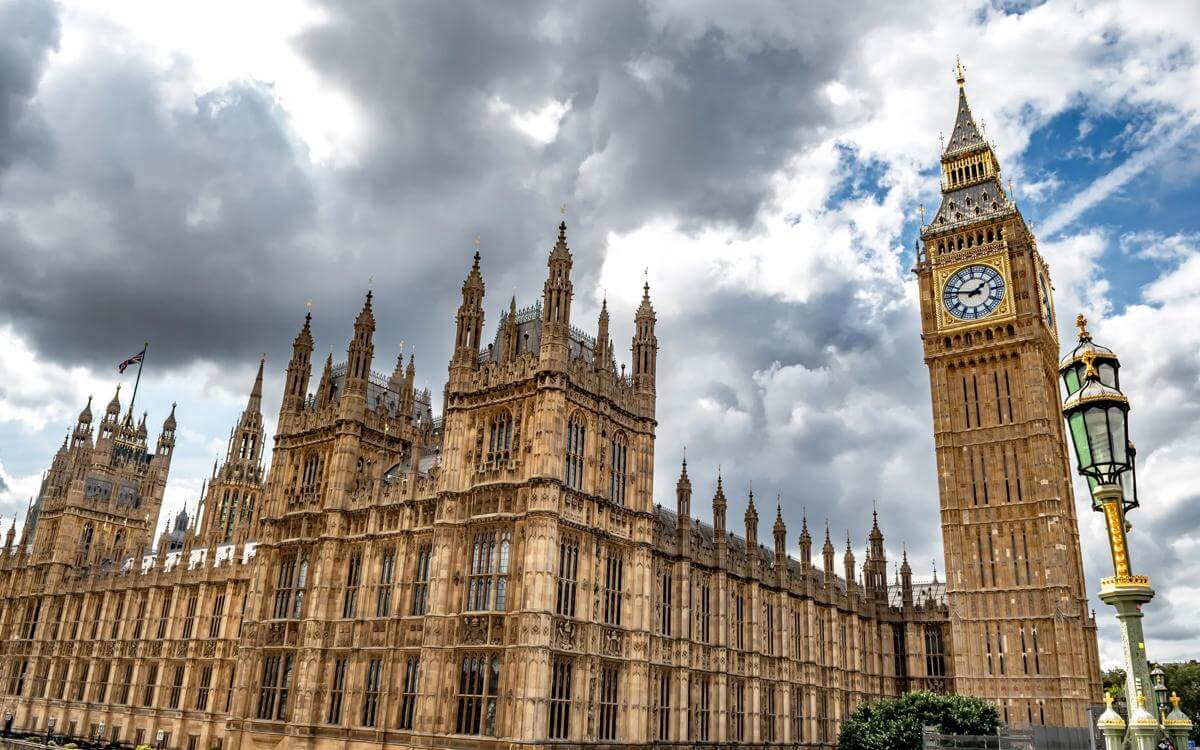“Original cause” – Aggregation clauses in insurance contracts – Spire Healthcare v Royal & Sun Alliance [2022] EWCA Civ 17
A recent Court of Appeal judgment has provided some useful and much-needed clarity on the interpretation and application of aggregation clauses in insurance contracts.
A recent Court of Appeal judgment has provided some useful and much-needed clarity on the interpretation and application of aggregation clauses in insurance contracts.
The facts
A consultant surgeon at Spire Healthcare Ltd (Spire), was convicted of multiple offences under the Offences Against the Person Act 1861.
For a period of around 14 years, the consultant performed sub-total mastectomies (STMs) on patients where total mastectomy was required, and falsely reported pathology test results as indicative of the risk of or presence of cancer. The former had no adequate explanation and the latter was undertaken for financial gain. Unsurprisingly the consultant’s conduct was found to be both negligent and dishonest. He was sentenced to 20 years’ in prison in criminal proceedings.
Around 750 former patients made claims against the consultant and Spire, which were settled later that year with Spire contributing around £27 million to the compensation fund.
Spire sought an indemnity under its combined liability insurance (Policy), underwritten by Royal & Sun Alliance (RSA). The Policy was subject to a limit of indemnity of £10 million for claims arising from the same “original cause”, with an aggregate overall limit of £20 million. The aggregation clause in full stated:
“The total amount payable by [the Insurer] in respect of all damages, costs and expenses arising out of all claims during any Period of Insurance consequent on or attributable to one source or original cause irrespective of the number of Persons Entitled to Indemnity having a claim under the Policy consequent on or attributable to that one source or original cause shall not exceed the Limit of Indemnity stated in the Schedule.”
RSA accepted that whilst it was liable to provide an indemnity, liability should be capped at £10 million as the claims arose from the same original cause. Spire challenged that decision.
The first instance decision
In the first instance decision, the Judge found there were two types of misconduct; those patients who had undergone STMs were classified as Group 1 and those patients who had undergone needless surgery, Group 2.
The Judge explained that the unifying factor for the purposes of the aggregation clause was not the consultant’s misconduct and dishonesty, as this was too vague and remote. Rather, the Court held that each of the groups of claims were subject to a common cause and that the aggregation clause therefore applied within each group, but not between them.
RSA appealed.
The appeal
The Court granted RSA’s appeal unanimously, explaining that the first judge had failed to conduct a wide enough search for a unifying factor in the history of the claims. In reaching that finding, the Court quoted a helpful extract from Axa Reinsurance UK Ltd v Field [1996] WLR 1026:
"In ordinary speech, an event is something which happens at a particular time, at a particular place, in a particular way… A cause is to my mind something altogether less constricted. It can be a continuing state of affairs; it can be the absence of something happening. Equally, the word "originating" was in my view consciously chosen to open up the widest possible search for a unifying factor in the history of the losses which it is sought to aggregate."
Contrary to the view taken in the first instance, the Court of Appeal held that the consultant’s conduct did amount to “one source or original cause” and that it was wrong to draw a distinction between the patients. However, the Judge made clear that this decision was based on the specific facts and that:
“There may be cases in which, on the facts, the behaviour of one individual will be too remote or too vague a concept to provide a meaningful explanation for the claims, but this is not one of them.”
Conclusion
This case usefully highlights the breadth of the word ‘cause’ when considering aggregation under policy wordings. However, it is essential to remember that different series clauses use different language, and those subtle differences can give rise to different results.
Contact

Tim Johnson
Partner
tim.johnson@brownejacobson.com
+44 (0)115 976 6557








































